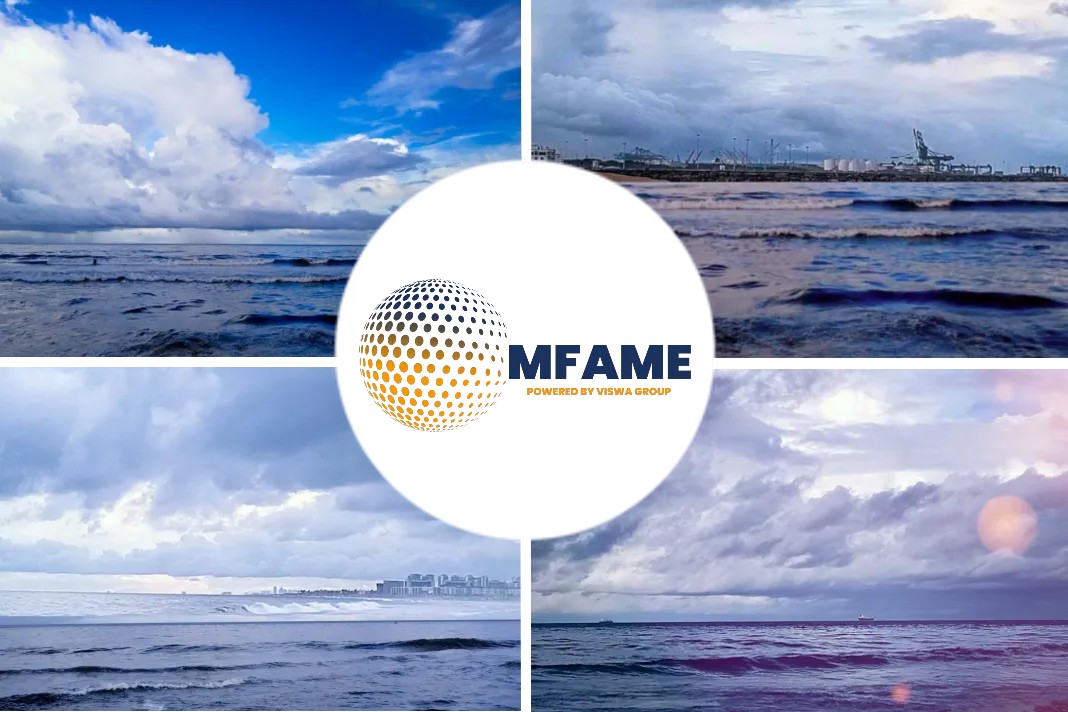
Efforts are continuing to advance the use of technologies to capture CO2 emissions from in-service vessels. In the latest example, Singapore-headquartered Eastern Pacific Shipping reports it has completed the installation of a filtering and carbon capture technology from Dutch start-up Value Marine.
Installation Complete
The installation was recently completed aboard the chemical tanker Pacific Cobalt, a 49,886 dwt vessel managed by Eastern Pacific. Registered in Liberia, the vessel was built in 2020. It measures 598 feet in length and is fueled by conventional fossil fuels. Value Marine’s Filtree system is installed in the funnel of the vessel and is expected to filter sulfur and 99 percent of particulate matter. Value Marine’s Carbon Capture & Storage (CCS) module added to the system can capture up to 40 percent of CO2 emissions from the vessel’s main and auxiliary engines.
According to Value Maritime Co-Founder & Director Maarten Lodewijks, the installation was completed in just 17 days managed jointly by EPS’s and VM’s sea and shore staff. It included the installation of the prefabricated gas filtering system as well as recoated and converted an onboard tank during the refit which will be used to shore the CO2.
A Critical Year For Shipping
Value Marine’s technology works by capturing the CO2 in a special chemical used during the filtration process. The chemical with the captured CO2 is stored in the tank which has sufficient storage space to hold more than 200 tons of CO2 in a single voyage. Once the tank is full, the chemical will be pumped out in port and delivered to end users, such as greenhouses or synthetic fuel producers, who will be able to release the CO2. According to Value Marine, the CO2 can also be placed into carbon sequestration networks, while the chemical will then be returned to the vessel for reuse to capture more CO2.
EPS’ CEO Cyril Ducau highlights his belief that 2023 is a critical year for the shipping industry saying that the industry needs to “start moving the needle significantly,” if it is going to reach the goals for net-zero emissions. He notes that EPS is developing a portfolio of solutions including dual fuel vessels both with LNG and recently its first ethane-fueled tankers. “Advanced decarbonization technology, like the CCS system from Value Maritime, offers a concrete solution that can be implemented on existing vessels,” says Ducau.
Did you subscribe to our Newsletter?
It’s Free! Click here to Subscribe!
Source: Maritimeexecutive
















